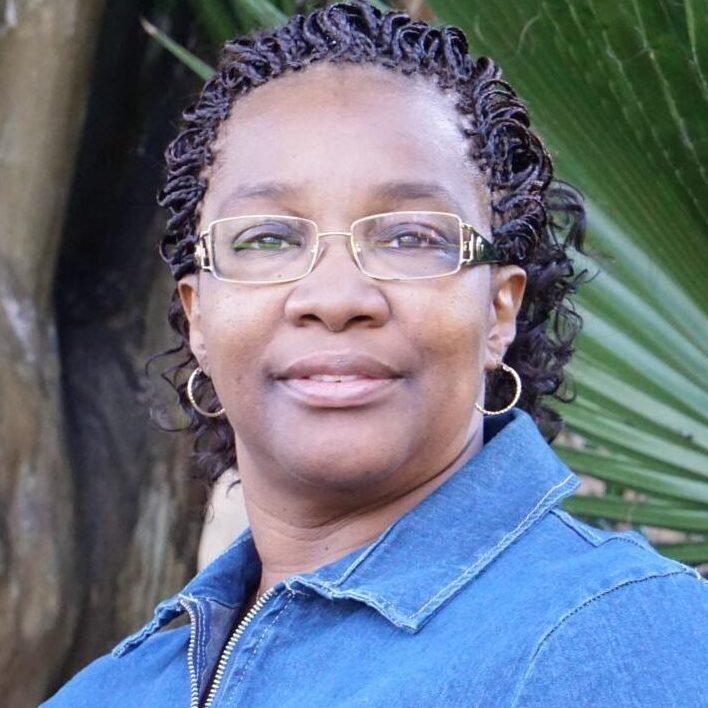Sex Positivity: Black Female Sexual Expression is Not Hypersexual or Shameful
Black women have been sexually objectified as lustful and hypersexual. The stereotypical hypersexual image of Black women is a tiny waist, big breasts, and a large butt. We still see it on TV, in movies, and in music videos.
Society and the media are finally beginning to give way to sex positivity for the Black female. These stereotypes of Black female sexuality began many years before slavery and prior to television and movies. Black women are reclaiming their erotic power by removing shame and being encouraged to shatter the silence.
Sarah Baartman Dehumanization
It was insulting when the New York Times compared Kim Kardashian to an enslaved Black woman who was tortured, Saartjie “Sarah” Baartman. Later, the New York Times apologized for the comparison after facing intense backlash. Kim Kardashian “lives a lavish and privileged lifestyle” when Sarah Baartman was “forced to perform in freak shows” (NYT, 2017). Baartman was enslaved and placed on public display as a freak show for White Western Europeans of all ages. Her body became the subject of scientific curiosity and erotic projection. ABC News article gave insight into how Baartman was marketed with flyers shouting, “Come and see the Hottentot Venus for two shillings.” Baartman was put in a tight costume designed to make her look naked.
Dr. Natasha Gordon-Chipermbere has been a professor of African Diasporic Literature for over 20 years and teaches at Pennsylvania State University. She says, “It was the mystery of her sex [and] sexuality, and its perceived perverseness, which drew people in to watch the show” and “Women were really anxious that their men were going to be lowered into wanting this sort of exotic, hyper-sexual African woman.”
Adding insult and disgrace to Baartman, some of her body parts were kept on display after her death. Professor Pamela Scully said anatomist George Cuvier dissected Baartman’s body after her death, “…not an autopsy to find out why she died. The purpose of dissecting Baartman’s body was to find a link between the ape and the human. Parts of her genitals were preserved, and a full body cast of Baartman was made and displayed in the Paris Musee de l’Homme, which was displayed for 150 years until 1974.
No More Labels
Young Black women are sometimes labeled “Fast” or “Womanish.” “Fast” is pronounced, “Fass.” Being labeled as “Fast” or a “Fast Tail Girl” in the Black community feeds into the hypersexual stereotype mentioned above. Womanish is another name meant to be shameful. It is an expression that a mother or older female would say to younger females. “You are acting womanish!” Using the word is an insult meant to shame the young females into stopping acting beyond their years as adult women or being forthright with their words.
Natasha Crooks wrote an article called “Being Fast or Cautious? Sociocultural conditions influencing the sexual pathways of Black females in the United States.” A survey of 249 Black women indicated that women aged 18-34 were more likely to endorse the modern-day Jezebel stereotype than those 55 and over. Crooks and her colleagues believe that the cultural label “Jezebel” sends a message of shame in sexual exploration and silences young Black girls. It makes them less likely to communicate about sexual health and increases the risk of sexually transmitted infections.
Black Female Sex Positivity
Sex-positivity is an open and nonjudgmental approach to embracing the diversity of sexual expression and sex health. Sex is a vital aspect of our lives, and for it to be clouded in stigma, shame, and judgment is sex negativity. The sex-positivity movement respects and honors consensual and safer sex and the multiple facets of human sexuality as natural and empowering experiences. Many Black women have a complex history of sexual oppression, from the rape of enslaved ancestors to modern-day double-gender standards. We must make spaces for conversation and affirmation.
Sex-positive examples
Examples of sex positivity may include:
- placing your sexual health as a priority
- learning and enjoying the sensations in your body
- exploring your fantasies with your spouse or partner
- communicating your sexual wants and needs
- developing a positive relationship with your body and body image
- setting healthy sexual boundaries with yourself and others
- advocating for your sexual health, using safer sex practices when needed
- addressing unhealthy sexual patterns, such as compulsive or impulsive behaviors
- accepting the consensual sexual behavior of others rather than judging
- supporting comprehensive sex education in schools, churches, and the community
Dr. Chantail Green, Clinical Therapist
Licensed Professional Counselor
Certified Sex Therapist with AASECT










